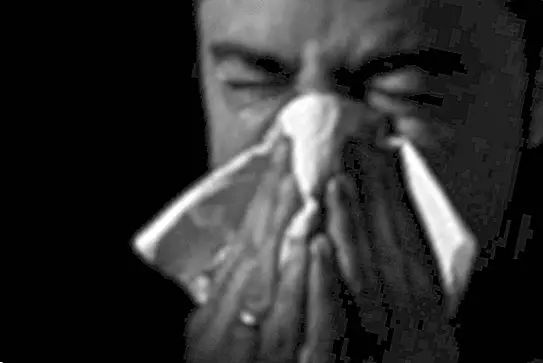How to reduce the effects of jet lag
Have you ever traveled thousands of kilometers away in just a few hours? If so, it is quite likely that you have already suffered the consequences of the known as jet lag (also known by the names of Circadian dysrhythmia or syndrome of the time zones), which is common and especially when we move from one continent to another in a few hours, and our body tends to resent. In fact, it is common for many specialists to consider it as a sleep disorder.
His symptoms are quite clear: we feel tired, very sleepy and it is also common for an annoying and uncomfortable headache to arise. We can even mention other related discomforts: irritability, depression, anger, apathy, stomach pain, diarrhea, nausea, vomiting, dehydration and pain in the legs. Its causes must be found in the jet lag, Given the our biological clock does not match the local time, especially when we travel through different zones or time zones.

Did you know that women tend to be more prone than men to suffer the symptoms of jet lag? This also occurs with people over 50 years of age, since they can suffer the symptoms of decompensation in a greater proportion than younger travelers.
Useful tips to reduce the effects of jet lag after a trip
Although it is possible prevent jet lag Following a series of guidelines and basic tips, it is true that it is not always feasible to do so, or even that we are late and do not know that it is really a disorder that can be easily prevented. For example, before making the flight a good idea is to try to start adapting to the new schedule a week before traveling (if your destination you must advance the time it is useful to go to bed and wake up earlier), as well as sleep more than 7 hours during the previous night.
While we travel, and we are in full flight, it is also possible to follow some guidelines to reduce the appearance of jet lag: adjust your sleep hours to the destination schedule, it is a very good idea to sleep and rest during the trip, walk by the plane whenever you can to maintain adequate blood circulation, and avoid certain drinks (such as alcohol or caffeine), in addition to drinking plenty of water.

But when jet lag appears, and its symptoms begin to emerge, there is no doubt that it is best to try to reduce its effects. We reveal some tips that will help you a lot:
- Adapt the clock and your schedules: it is essential to adapt your schedules to the local times of the place where you have traveled (either going or back home), especially the meal and sleep schedules.
- Vitamin DTry to expose yourself to the sun's rays whenever you can. It will give you the vitamin D that your body needs and it will also help you to feel much better.
- Rest well: the first day after a long flight the best thing is to try to rest, relax and take it easy. If you have arrived home it will probably not be a problem, but if for example you have arrived at your place of vacation the cravings for trips and activities could be negative. Therefore, try to leave the most demanding activities for a few days later.
- Practice physical exercise: it will help you increase the production of endorphins, which will help you to feel much better. In addition, it will be useful to stretch the muscles, especially if the flight has been long.
It is also very useful avoid certain drinks, as for example is the case of alcoholic beverages (even if they are of low alcohol content), or drinks with caffeine. Do not forget also about drink a lot of water, which will help you rehydrate your body. This article is published for informational purposes only. It can not and should not replace the consultation with a Physician. We advise you to consult your Trusted Doctor.


